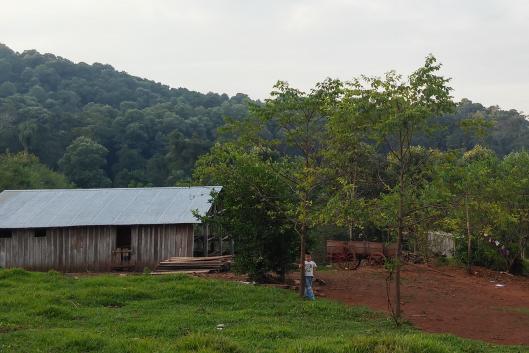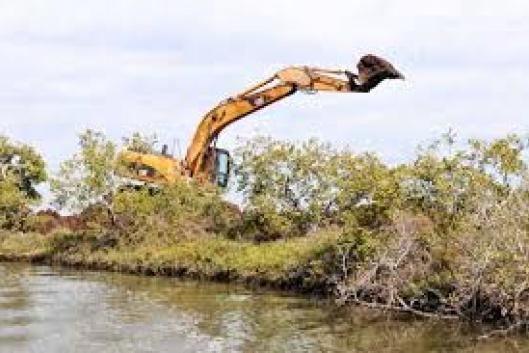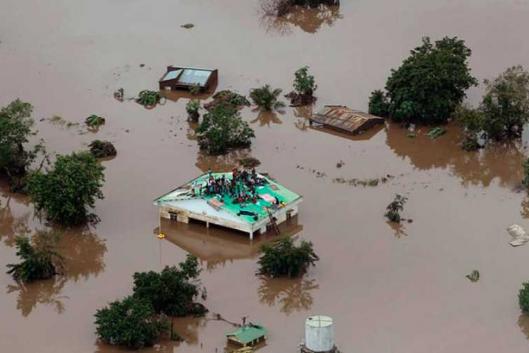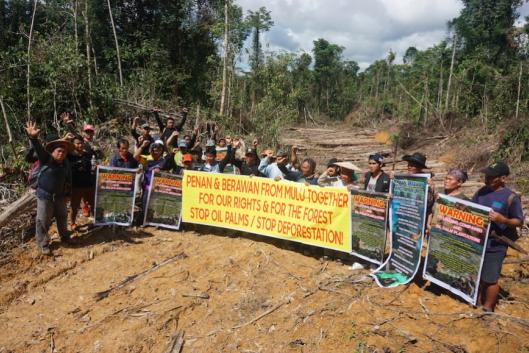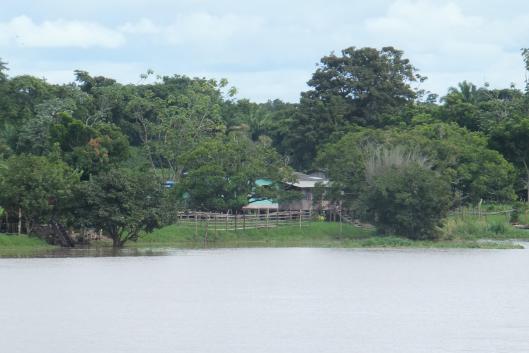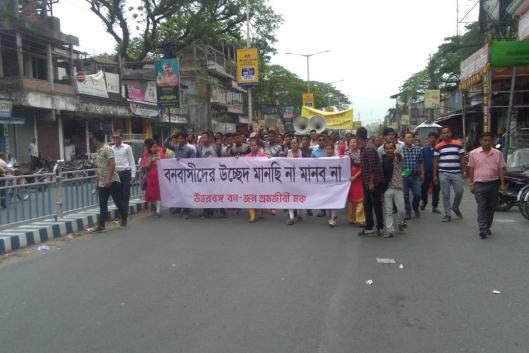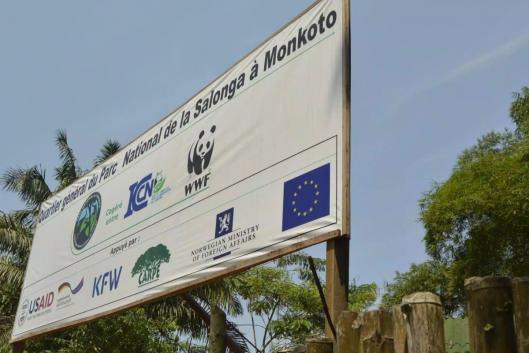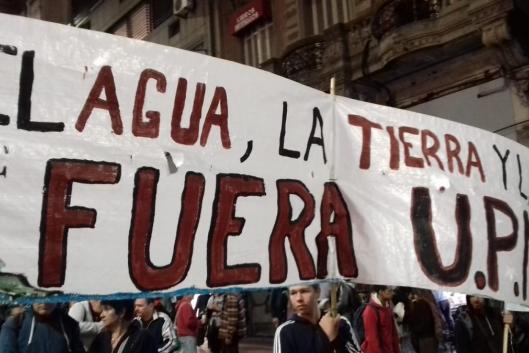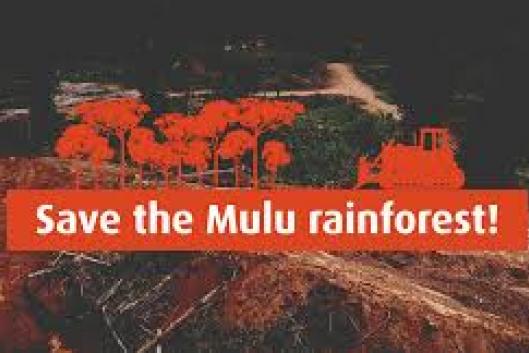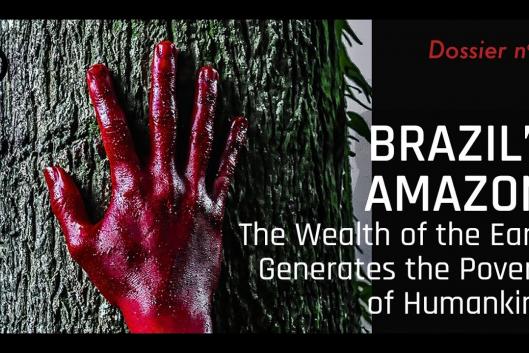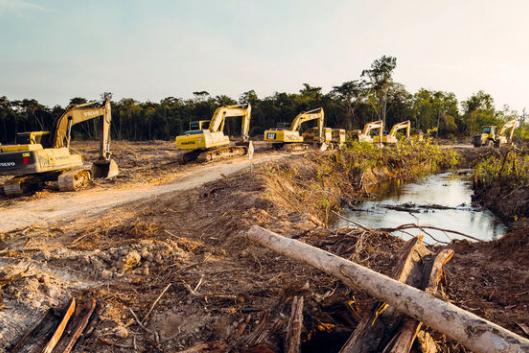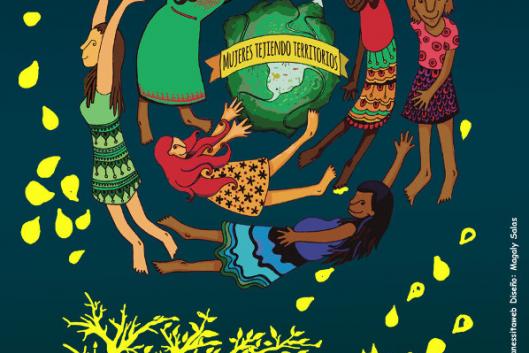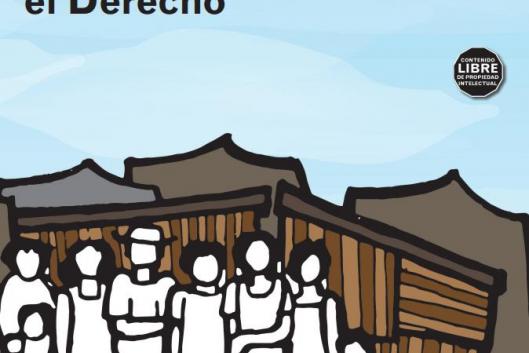While the destruction of forest territories continues, more pledges, agreements and programs are being implemented in the name of ‘addressing deforestation and climate change’.
Bulletin 243 - April/May 2019
Hiding Deforestation: New Trends and Resistances
The articles in this Bulletin are written by the following organizations and individuals: Susan Herawati of The People’s Coalition for Fisheries Justice in Indonesia (KIARA - Koalisi Rakyat untuk Keadilan Perikanan); the Academic Association for rural communities’ development in Mozambique (ADECRU - Acção Académica para o desenvolvimento das comunidades rurais); Environmental Justice in Mozambique (JÁ! - Justiça Ambiental!); Friends of the Earth Malaysia (SAM - Sahabat Alam); Soumitra Ghosh of the All India Forum of Forest Movements in India (AIFFM); the Critical Geography Collective of Ecuador and members of the WRM international secretariat.
WRM Bulletin
243
April/May 2019
OUR VIEWPOINT
HIDING DEFORESTATION: NEW TRENDS AND RESISTANCES
-
14 May 2019Blue Carbon (or Blue REDD+) appeared as a new carbon offset scheme between emissions and carbon absorption in coastal territories. However, organizations in Indonesia warn that the initiative is a strategy to change the coastal and marine territories into tradable assets .
-
14 May 2019BIOFUND, a conservation fund to finance protected areas in Mozambique—with support from the World Bank, international cooperation and conservation NGOs—intends to use biodiversity offsets to obtain resources and speculate in financial markets.
-
14 May 2019Millions of hectares of mostly forested areas in Malaysia have been targeted for developing monoculture plantations –including expanding timber plantations-, however, many of these have not been fully developed yet.
-
14 May 2019Despite the government of Brazil announcing cutbacks to action against deforestation, the Green Climate Fund awarded US$ 96 million for alleged emission reductions in the Brazilian Amazon. These avoided emissions in part exist only on paper.
-
14 May 2019A long cycle of state repression in India now sees new amendments to the colonial Indian Forest Act which would not only make forest bureaucracy more powerful than ever, but would also de facto put an end to the landmark Forest Rights Act.
-
14 May 2019The expansion of oil palm and logging in Wimbí is a fact. And in both cases, the protagonist is the same: the land trafficker who allowed the palm company, Energy & Palma, to enter. This new cycle of dispossession threatens the culture and survival of the community.
-
14 May 2019Serious abuses in DRC’s Salonga National Park at the hands of park rangers supported by funding from the WWF and a range of international donors are just the latest to be documented. This is a wider problem on human rights abuses and colonial interventions in forests.
PEOPLES IN ACTION
-
14 May 2019Finnish company, UPM, plans to install its second pulp mill in Uruguay—which would be one of the largest in the world and produce over two million tons of pulp per year. The project requires a new railway route and a port terminal for the company, as well as the expansion of high voltage electrical distribution lines and several processing plants in a duty-free zone. A declaration by Finnish and Uruguayan organizations call for the withdrawal of this project, which would result in serious impacts. Read the declaration (in Spanish) here.
-
14 May 2019An area of 4.400 hectares of the Mulu rainforest is currently being converted into palm oil monocultures; an area directly adjacent to a UNESCO World Heritage Site, the Mulu National Park. The affected indigenous Berawan and Penan communities were not consulted and oppose the project that will destroy their forest and livelihoods. The Bruno Manser Fonds (BMF) is calling for a moratorium on new oil palm plantations and for an immediate halt to logging in the Mulu National Park region. Please sign the petition now!
RECOMMENDED
-
14 May 2019As the largest rainforest in the world, the area most rich in minerals and the main biogenetic reserve of the planet, the Amazon is one of the most desirable territories for global capital. As the attack against the Brazilian Amazon expands under the right-wing government of Jair Bolsonaro, the Tricontinental Institute for Social Research analyzes the advance of capital in the region; it provides a perspective on the international and national scope of mining and agribusiness projects, agrarian conflicts and the destruction of biodiversity, as well as the challenges that peoples face. Read the report (in English) here.
-
14 May 2019A short documentary by Oxfam Peru shows the serious environmental and social problems that come with the expansion of monoculture tree plantations in the Peruvian Amazon. Thousands of hectares have been deforested—mainly with the cultivation of oil palm—which, in addition to affecting forests and streams, affect several native communities. With the apparent collusion between governmental agencies and the companies involved, the expansion of palm is a latent threat in the Amazon. target="_blank" rel="noopener">Watch the video (in Spanish) here.
-
14 May 2019The most recent monthly bulletin of the Latin American Network of Women Defenders of social and environmental rights brings together several articles from the region that highlight the violence that the extractive model and climate change exert on women. You can read their bulletins (in Spanish) here.
-
14 May 2019Indigenous Papuans are seeing their forest being destroyed to be replaced by monoculture plantations. An interview by Mongabay news to anthropologist Sophie Chao evidenced the complex tensions between communities and the monoculture that is being imposed upon them.
-
14 May 2019A workbook created by the Biodiversity Alliance seeks to rethink the effects of the free trade agreements, as well as point out their harmful effects; since these are powerful “legal” frameworks—in parallel to national legislation—that grant corporations leeway to maneuver, while shutting out possibilities for people to access justice. Nevertheless, the struggles are going strong. Read the publication (in Spanish) here.
